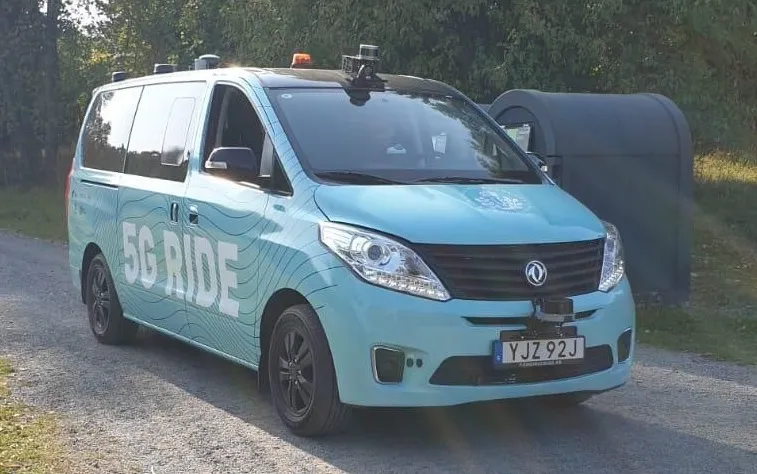Zenuity, a joint venture between vehicle solution manufacturer Veoneer and
Dennis Nobelius, CEO at Zenuity, says the vehicles will collect important data and improve the company’s safety functions to make unsupervised cars a reality.
Transportstyrelsen, the
The tests will be carried out by trained drivers who will remain behind the wheel.
Self-driving technology is already being phased into Gothenburg at the Chalmers University of Technology. Last year, a self-driving bus began operating on campus as part of the Swedish government’s Next Generation Travel and Transport programme.
In December 2018, Volvo Cars announced its plans to utilise
Zenuity gets green light to trial self-driving cars on Swedish highways
Zenuity, a joint venture between vehicle solution manufacturer Veoneer and Volvo Cars, is to trial self-driving cars on Swedish highways at a maximum speed of 80km/h.
Dennis Nobelius, CEO at Zenuity, says the vehicles will collect important data and improve the company’s safety functions to make unsupervised cars a reality.
Transportstyrelsen, the Swedish transport agency, has approved the trials which will take place on the E4 between Stockholm and Malmö; Road 40 between Jönköping and Gothenburg; a
January 30, 2019
Read time: 2 mins








